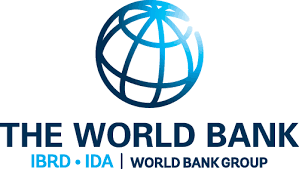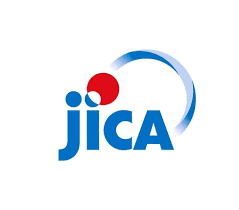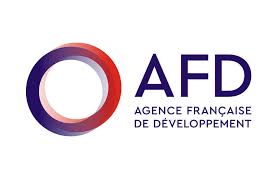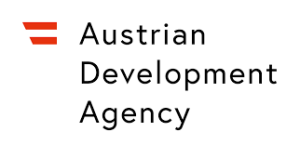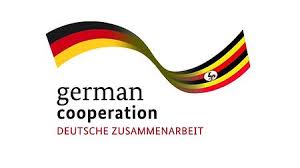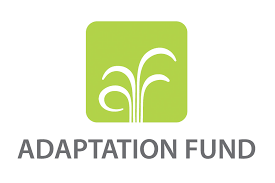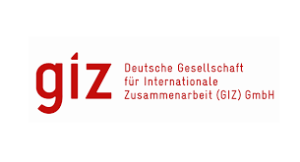SPGS III
The Sawlog Production Grant Scheme Phase III (SPGS III) is a critical ongoing initiative spearheaded by the Ministry of Water and Environment, aimed at significantly expanding and promoting commercial tree planting across Uganda. Building upon the successes of its preceding phases, SPGS III is designed to meet the growing demand for timber and wood products, enhance sustainable forest management, mitigate climate change impacts, and provide long-term economic benefits to private individuals, communities, and large-scale investors involved in commercial forestry. This phase emphasizes sustainable practices, improved forest health, and equitable benefits within the forestry sector.
Key Objectives of the Project:
SPGS III is structured around several strategic objectives designed to foster a robust and sustainable commercial forestry sector in Uganda:
- Increased Commercial Sawlog Production: To significantly expand the area under commercial tree plantations by providing grants and technical support to private forest growers. This aims to ensure a sustainable supply of sawlogs and other wood products for both domestic and industrial use.
- Expected Activities: Providing financial grants for land preparation, seedling procurement, planting, and silvicultural operations; promoting improved tree species and planting techniques.
- Promotion of Sustainable Forest Management Practices: To encourage the adoption of environmentally sound and socially responsible forestry practices among grant beneficiaries. This includes promoting biodiversity conservation within plantations and ensuring sustainable harvesting methods.
- Expected Activities: Training and technical assistance on sustainable harvesting, fire management, pest and disease control; promoting agroforestry and restoration of degraded forest lands where appropriate.
- Climate Change Mitigation and Adaptation: To contribute to national and global efforts in combating climate change through carbon sequestration in new and existing plantations. The project also enhances the resilience of landscapes against climate-related shocks.
- Expected Activities: Monitoring carbon sequestration potential of established plantations; promoting climate-resilient tree species and diversified forestry systems.
- Livelihood Improvement and Economic Empowerment: To create employment opportunities, enhance household incomes, and stimulate rural economic growth through investments in commercial forestry. The project targets various scales of growers, including smallholder farmers and larger commercial entities.
- Expected Activities: Facilitating market linkages for timber and wood products; providing business development support to forest growers; promoting value addition within the forestry value chain.
- Strengthened Institutional Capacity and Regulatory Framework: To enhance the capacity of relevant institutions, including the National Forestry Authority and district local governments, in supporting and regulating the commercial forestry sector. This ensures efficient project implementation and sustainable sector growth.
- Expected Activities: Providing training and resources for forest extension workers; strengthening monitoring and evaluation systems for forest plantations; reviewing and developing supportive forestry policies.
Project Scope Description:
The Sawlog Production Grant Scheme Phase III involves the provision of financial grants and technical assistance to eligible private landowners, smallholder farmers, communities, and commercial entities for establishing and maintaining commercial tree plantations. The project encompasses a broad geographical scope across various regions of Uganda suitable for commercial forestry. Key activities include:
- Grant Disbursement: Providing phased financial grants to growers for specified forestry activities, ensuring adherence to environmental and social safeguards.
- Technical Support: Offering expert advice and training on nursery management, site preparation, planting techniques, species selection, silviculture, pest and disease management, and sustainable harvesting.
- Monitoring and Evaluation: Regular monitoring of plantation establishment and growth to ensure compliance with scheme guidelines and to track environmental and socio-economic impacts.
- Research and Development: Supporting adaptive research on tree genetics, silvicultural practices, and wood processing technologies to enhance productivity and value.
SPGS III represents a significant commitment by the Government of Uganda to transform the forestry sector into a key driver of economic development and environmental sustainability.
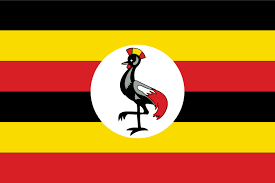 Official Website of the Ministry of Water and Environment
Official Website of the Ministry of Water and Environment



